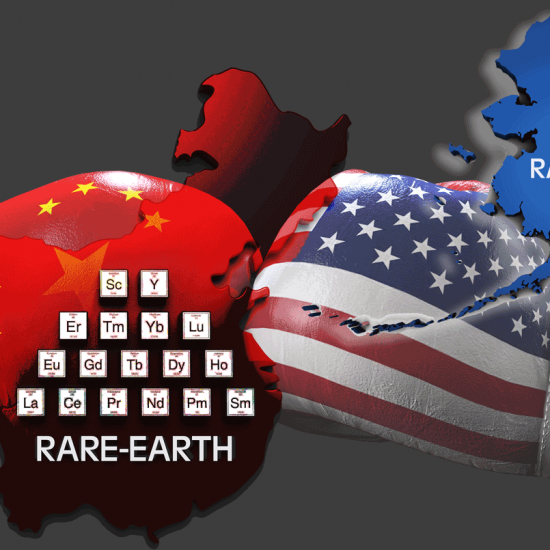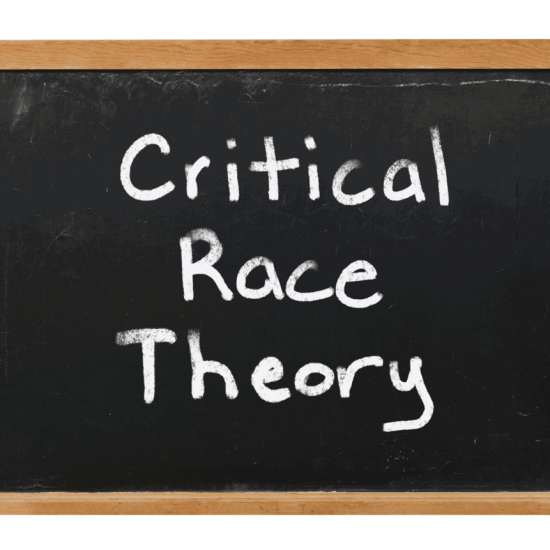Landless. To the modern world it describes a social category. To the ancient Tlingit it described a spiritual disability. The Tlingit believed all things were imbued with a spirit that existed interdependently with the spirits of all other things. Tlingit clans represented the main social unit that strove to exist in a state of balance with the spiritual energies of a certain area, thus maintaining a kinship and identity-defining relationship with the local environment that sustained them. Several clans in one area comprised a “kwan” or village. To be landless meant to be cut off from this spiritual relationship with the land, in essence to be spiritually destitute.
The Alaska Native landless bill now being heard in Congress, officially known as H.R. 2386, the “Unrecognized Southeast Alaska Native Communities Recognition and Compensation Act,” is an attempt by Tlingit in five villages to use modern legislative tools to restore balance and to heal long-standing spiritual wounds.
“These villages identified in H.R. 2386 are our traditional homelands,” Leo Barlow testified in a hearing before the House Subcommittee on Indian, Insular and Alaska Native Affairs on June 17. “All we are asking is that Congress recognize that fact and provide us with what we deserve under law and equity.”
The ancient Tlingit would see the modern legal connection to land with its deeds, titles, fragmented resource rights and absentee ownership as a separation from the sacred relationship of stewardship and spiritual balance they once had. To those ancestors of the modern Tlingit, it is the civilized world that is landless, not them.
See Full Story at ICTMN.com











